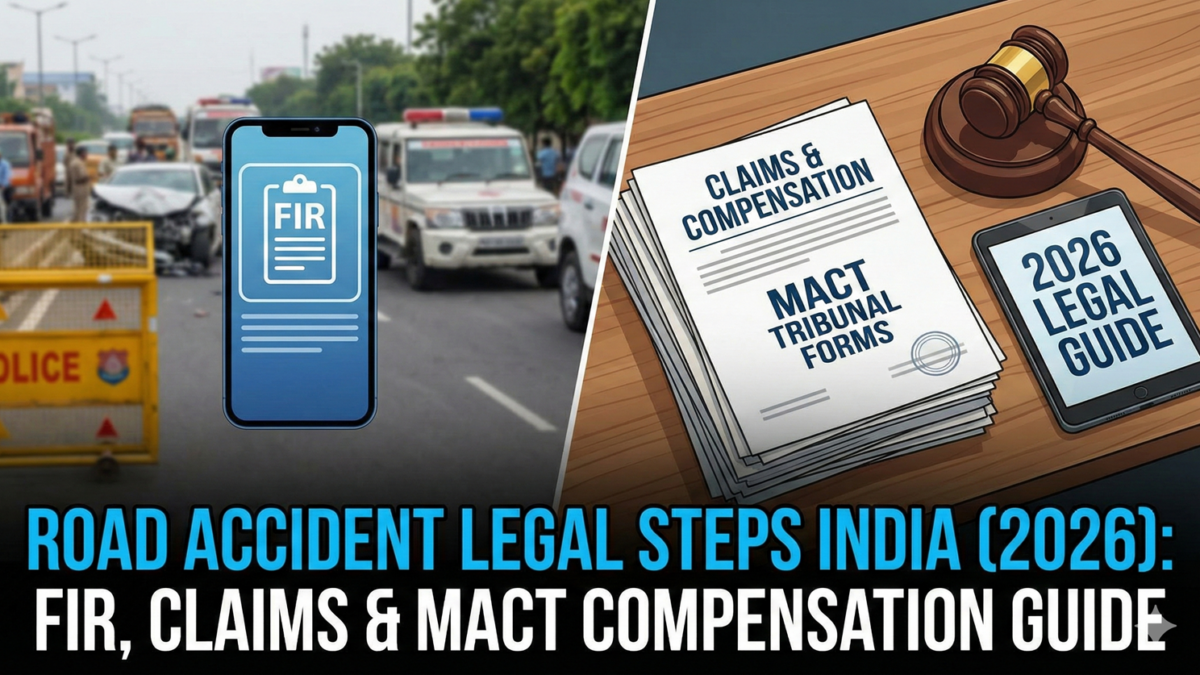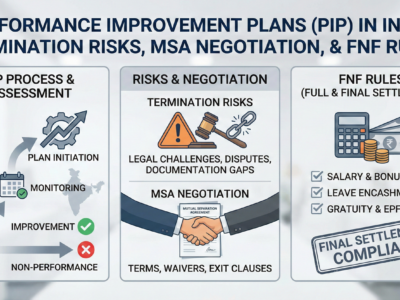
Introduction:
- Rental payment disputes can strain the relationship between landlords and tenants in West Bengal.
- It is essential to understand the legal aspects and mechanisms available to resolve such disputes amicably.
- This article explores effective strategies for resolving rental payment disputes in West Bengal, providing insights for both landlords and tenants.
Understanding Rent Control Laws in West Bengal:
- The West Bengal Premises Tenancy Act, 1997, governs rental agreements in the state.
- The Act outlines the rights and responsibilities of both landlords and tenants, providing a legal framework for dispute resolution.
- Understanding the provisions of this Act is crucial for navigating rental payment disputes.

Clear Rental Agreement:
- A well-drafted rental agreement is the foundation for preventing payment disputes.
- Clearly specify the rent amount, due date, and payment methods in the agreement.
- Include clauses about late fees, security deposit, and any other relevant terms to avoid ambiguity.
Rent Receipts:
- Landlords should provide tenants with timely and accurate rent receipts.
- Tenants are entitled to receive receipts for every rent payment made.
- Retaining these receipts is crucial for both parties in case of a dispute.
Rent Increase:
- Any proposed rent increase must comply with the provisions of the West Bengal Premises Tenancy Act.
- Landlords should provide tenants with written notice before implementing any rent hike.
- Tenants have the right to dispute an unreasonable rent increase.
Rent Arrears Notice:
- If a tenant fails to pay rent on time, landlords should issue a rent arrears notice.
- The notice should specify the overdue amount and provide a reasonable timeframe for payment.
- Failure to comply may lead to further legal action.
Legal Notice for Eviction:
- If rental payments are consistently in arrears, landlords may issue a legal notice for eviction.
- The notice should outline the grounds for eviction and provide a specified period for rectification or vacation.
- Tenants have the right to contest the eviction notice in court.

Mediation and Conciliation:
- Mediation and conciliation can be effective methods for resolving rental payment disputes outside of court.
- Both parties can voluntarily engage in these processes to reach a mutually agreeable solution.
- Mediation centers and conciliation boards may assist in facilitating the resolution.
Arbitration:
- Some rental agreements include arbitration clauses.
- Arbitration involves a neutral third party who makes a binding decision after considering both perspectives.
- Tenants and landlords should adhere to the arbitration process outlined in the agreement.
Legal Remedies for Tenants:
- Tenants facing unjust eviction or harassment due to rent disputes can seek legal remedies.
- The West Bengal Premises Tenancy Act provides protection against arbitrary eviction.
- Tenants can file complaints with the Rent Control Court for redressal.
Tenant’s Right to Withhold Rent:
- In certain situations, tenants have the right to withhold rent.
- If the premises are not maintained in a habitable condition, tenants can legally withhold rent until necessary repairs are made.
- Tenants must follow the legal procedure for rent withholding.
Court Proceedings:
- If disputes escalate, either party may initiate court proceedings.
- The Rent Control Court, as per the Act, has jurisdiction over matters related to eviction and rent disputes.
- Proper documentation and adherence to legal procedures are crucial during court proceedings.
Tenant’s Right to Quiet Enjoyment:
- Tenants have the right to “quiet enjoyment” of the rented premises.
- Landlords are prohibited from disrupting the tenant’s peaceful occupation of the property.
- Unlawful actions by landlords may result in legal consequences.
Rent Control Boards:
- West Bengal has Rent Control Boards in certain areas.
- These boards play a role in regulating rents and resolving disputes related to rental payments.
- Both landlords and tenants can approach these boards for assistance.
Legal Representation:
- Seeking legal advice and representation is advisable for both landlords and tenants.
- Lawyers specializing in tenancy laws in West Bengal can provide valuable guidance.
- Legal professionals can assist in navigating complex legal procedures and protecting the rights of their clients.
Conclusion:
- Resolving rental payment disputes in West Bengal requires a combination of clear communication, adherence to legal procedures, and, if necessary, legal intervention.
- Both landlords and tenants should be aware of their rights and responsibilities under the West Bengal Premises Tenancy Act.
- By approaching disputes with a willingness to find fair and legal solutions, parties can contribute to a more harmonious rental relationship.
What is your reaction?
Excited
0
Happy
1
In Love
0
Not Sure
0
Silly
0










